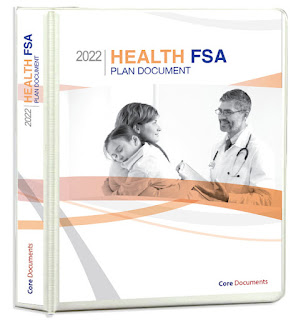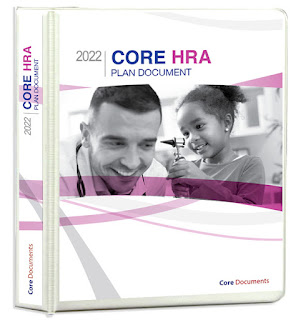Which Is Better Between HAS Vs. FSA Plans?
You may be qualified for a health savings account (HSA) or a flexible spending account (FSA) depending on your health insurance plan and the perks provided by your employer (FSA). Using these accounts might help you save money and plan for unexpected medical bills throughout the year. HSAs and health FSA plan, on the other hand, have distinct eligibility and benefits. Here's everything you need to know about HSAs and FSAs before enrolling.
 |
| Health FSA Plan |
The difference between HSA &
FSA in different terms
·
Qualification
& requirements: In HAS, a high-deductible health plan
(HDHP) is necessary. Individual policies have a minimum deductible of $1,400,
while family plans have a deductible of $2,800. You cannot enroll in Medicare
or be designated a dependant on another person's plan. If we talk about health
FSA plan, there are no prerequisites because
most are provided by a group or an employer.
·
Rollover
rules: Unused money in your HSA roll over each year and can
be stored in your account indefinitely. In FSA, for tax year 2022, you can
normally carry $570 into the next plan year, or employers may enable you to
spend the previous year's contributions for an extra two and a half months, depending
on what the company permits. In some circumstances, special restrictions allow
all money to be carried over provided the employer agrees.
·
Annual
contribution limits: In HAS, for 2022, the annual
contribution limitations for individual plans are $3,650 and $7,300 for family
plans. Whereas, the individual FSA contribution maximum for 2022 is $2,850. It
is up to your company whether or not to accept donations up to that amount.
·
What
if you change employers: Unused funds in an HSA remain with
you even if you move jobs. FSAs do not accompany you to your new employment, so
any cash in the account that you do not utilise may be lost.
HSAs
may be accessed in a variety of ways; make sure to inquire about having a debit
card and how costs and reimbursements operate. FSAs may permit a limited
carryover or waiting period. This is at the choice of the plan administrator or
employer, so contact yours for further information.



Comments
Post a Comment